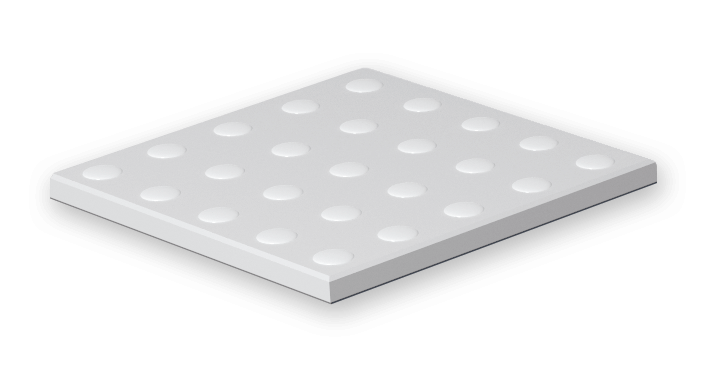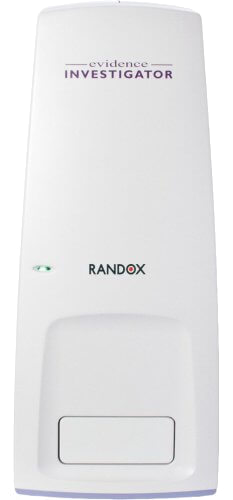Solutions
keyboard_arrow_downServices
keyboard_arrow_downSupport & Resources
keyboard_arrow_downCompany
keyboard_arrow_downContact
Get in touch to discover more
To find out more about the Familial Hypercholesterolemia, enquire now.
Genetic Assessment of Patients with Suspected Familial Hypercholesterolemia (FH)
favorite Early diagnosis of specific mutations reducing morbidity and mortality from premature CVD ensuring better outcomes & therapeutic intervention
favorite Combination of multiplex PCR and Biochip to distinguish between multiple wildtype and mutant DNA regions
favorite Provides information on the phenotype and prognosis which cannot be identified through traditional lipid level testing
favorite Saving time & costs by reducing the number of traditional clinical & genetic tests
favorite Cascade screening can be performed across both FH arrays to further improve diagnosis
favorite Suitable for use on the Evidence Investigator, a semi-automated analyser identifying FH in under 3 hours
The Familial Hypercholesterolemia (FH) Arrays I & II are rapid, simple and accurate diagnostic tests which enable simultaneous detection of 40 FH-causing mutations (20 mutations per array) within the low-density lipoprotein receptor (LDLR), apo‑lipoprotein B (ApoB) and proprotein convertase subtilisin/kexin type 9 (PCSK9) genes. Generally, mutations within the LDLR gene are the most common, with a prevalence of 1 in 500. The ApoB gene has a prevalence of 1 in 1000 and the PCSK9 gene less than 1 in 2500.
FH patients have elevated levels of total cholesterol (TC) and LDL-C from birth and, if untreated, develop coronary heart disease (CHD). FH is characterised by twice normal LDL-C levels in early childhood, and early myocardial infarction. A strong positive family history can imply as much as a 12-fold increased risk of early coronary disease.

Randox Familial Hypercholesterolemia Arrays
| Mutation | Protein |
|---|---|
| Mutation: c.10580G>A | Protein: p.(Arg3527Gln) |
LDLR
| Mutation | Protein |
|---|---|
| Mutation: c.2292delA | Protein: p.(Ile764Metfs*2) |
| Mutation: c.1444G>A | Protein: p.(Asp482Asn) |
| Mutation: c.551G>A | Protein: p.(Cys184Tyr) |
| Mutation: c.1845+11C>G | Protein: p.(=) |
| Mutation: c.693C>A | Protein: p.(Cys231*) |
| Mutation: c.933delA | Protein: p.(Glu312Serfs*58) |
| Mutation: c.301G>A | Protein: p.(Glu101Lys) |
| Mutation: c.313+1G>A | Protein: p.(=) |
| Mutation: c.1706-1G>A | Protein: p.(=) |
| Mutation: c.1706-1G>A | Protein: p.(Cys677Arg) |
| Mutation: c.2029T>C | Protein: p.(Pro685Leu) |
| Mutation: c.2054C>T | Protein: p.(Trp483Arg) |
| Mutation: c.1447T>C | Protein: p.(Gly478Arg) |
| Mutation: c.1447T>C | Protein: p.(Asp72Thrfs*134) |
| Mutation: c.214delG | Protein: p.(Trp87Gly) |
| Mutation: c.259T>G | Protein: p.(Arg633Cys) |
| Mutation: c.1897C>T | Protein: p.(Asp227Glu) |
| Mutation: c.681C>G | Protein: p.(Asn688Glnfs*29) |
PCSK9
| Mutation | Protein |
|---|---|
| Mutation: c.1120G>T | Protein: p.(Asp374Tyr) |
The Evidence Investigator
The Randox FH arrays has been developed for the Evidence Investigator, a semi-automated benchtop immunoassay analyser.
The FH arrays would provide an early diagnosis of specific mutations, reduce morbidity and mortality from premature CVD ensuring better patient outcomes & therapeutic intervention.



